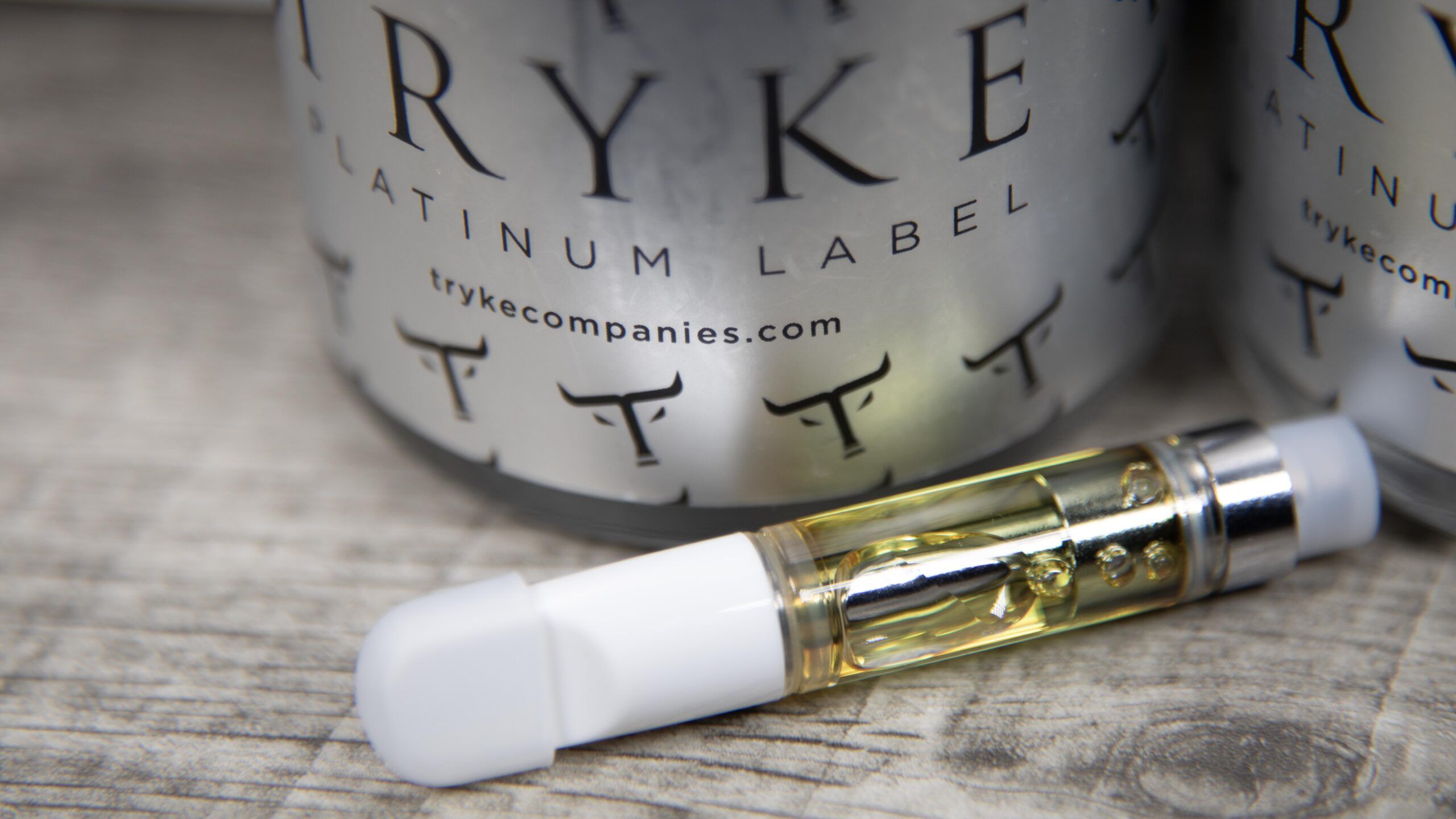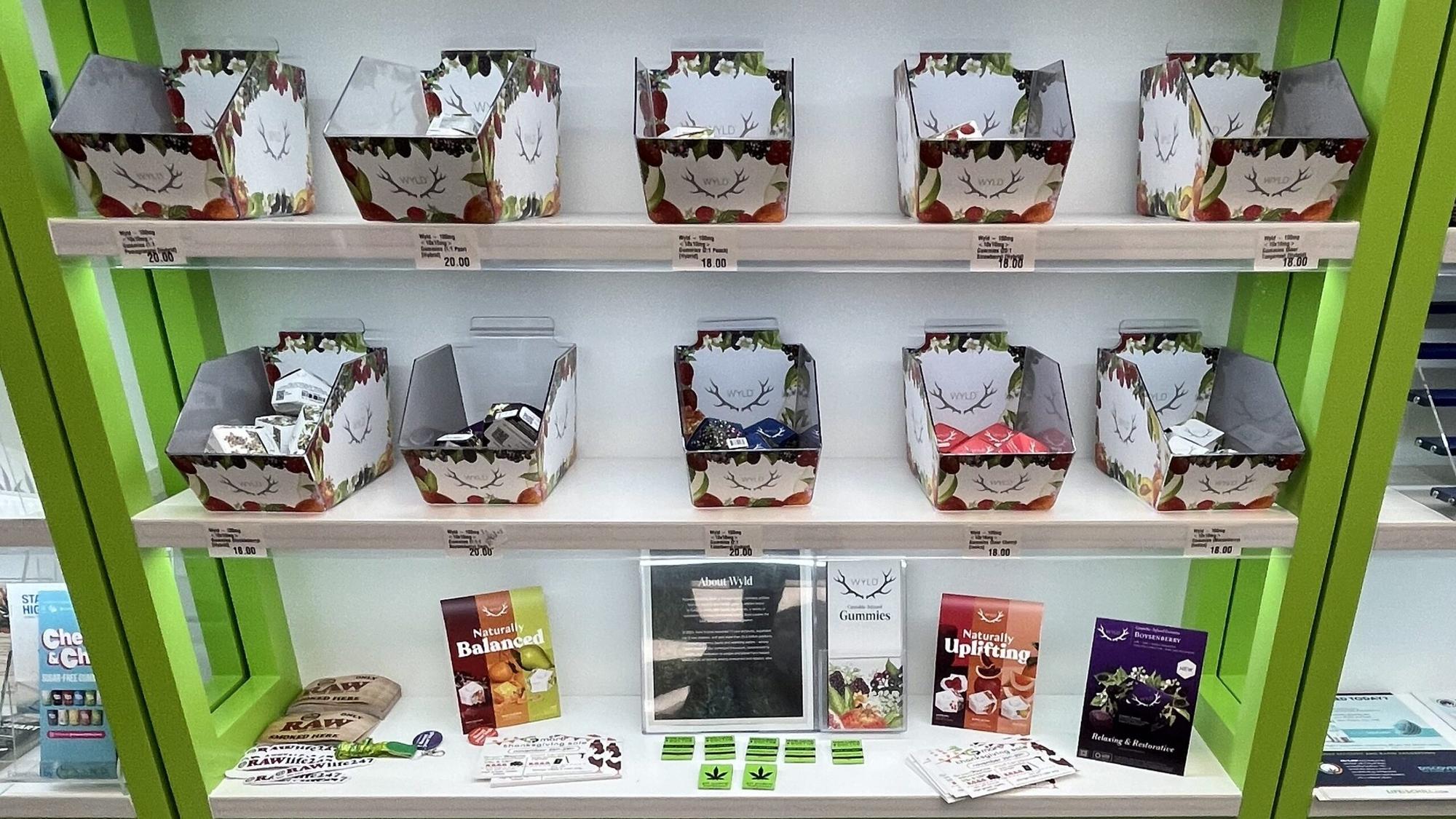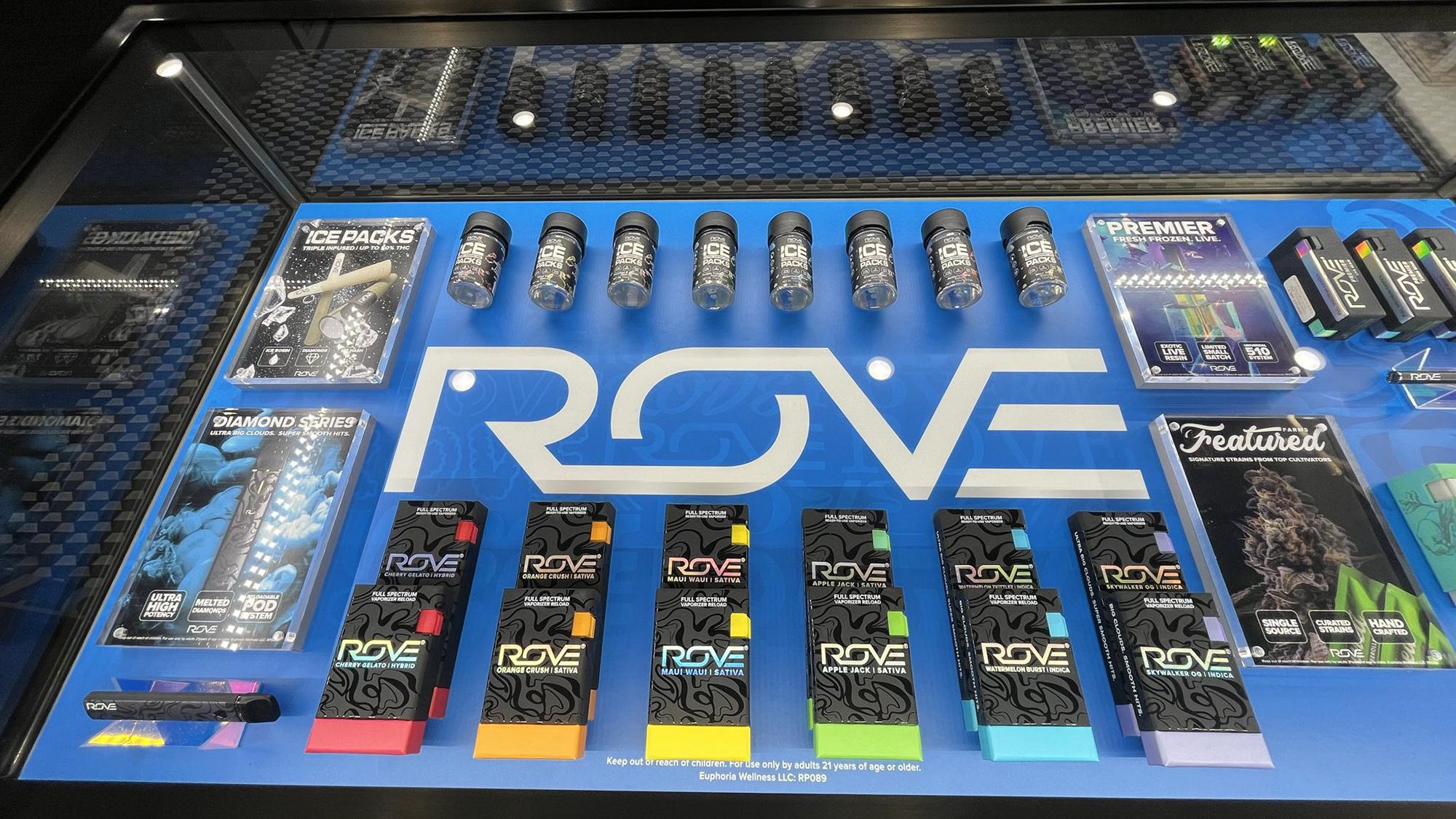In today’s expanding legal cannabis marketplace, brands must earn consumers’ trust through multiple lenses—quality, transparency, consistency, and alignment with values. Thoughtful cannabis consumers evaluate brands not just for effects, but for safety, clarity, and reliability.
1. Product Safety & Independent Lab Testing
Above all, consumers expect clean, accurately labeled products. Trusted brands publish up‑to‑date third‑party lab test results—often called Certificates of Analysis (COAs)—that confirm cannabinoid potency, terpene content, absence of heavy metals, pesticides, mold, solvents, and mycotoxins. A 2025 industry study revealed that about 28 % of tested cannabis products contained only 70–80 % of their advertised THC content—thus transparency in lab results significantly boosts consumer confidence. Brands that avoid independent verification or obscure their COAs risk consumer distrust.
2. Honest Labeling & Consistent Effects
Consumers want predictable results—from dosage and product strength to effect and duration. Research in 2025 indicates that transparent labeling and clear warning messages increase trust in high‑potency products—especially as both seasoned and newer users seek consistency. When consumers know exactly what’s in a product, they can make informed choices about dose, format, and timing.
3. Quality & Ingredient Integrity
High‑quality ingredients—such as pesticide‑free flower, natural terpenes, or food‑grade edible components—wind up at the core of consumer loyalty. Science‑based consumer reports emphasize that top brands invest in premium, natural ingredients, helping customers perceive immediate effects and building long‑term trust in reliability and enjoyment.
4. Brand Reputation & Online/Community Feedback
Consumers research brands extensively online, consulting verified reviews on cannabis websites and forums. A trusted brand is one that is recognized, well reviewed, and discussed positively among peers. For example, Reddit users may reference specific brands as dependable after multiple experiences—even in markets where other choices proved low quality.
5. Budtender Recommendations & Retail Experience
In many legal markets, 31 % of consumers rely on budtender advice when purchasing cannabis. A brand known to be recommended by knowledgeable retail staff earns credibility directly at point‑of‑sale. This underlines the importance of educating sales teams to represent brands accurately and consistently.
6. Product Selection & Variety
Brands that offer a diverse range of formats—flower strains, vape cartridges, edibles, tinctures—tend to attract repeat buyers. One consumer survey found that 53 % of people said product variety strongly affects where they shop. A trusted brand doesn’t rely on a single SKU; instead, it responds to different occasions, experience levels, and desired effects.
7. Packaging & Brand Presentation
Visual appeal matters. Attractive, collectible packaging can increase perceived value—with consumers willing to pay up to 26 % more for a product seen as premium or gift‑worthy. Millennials in particular prize creative, well‑designed, limited‑edition packaging. Brands that invest in thoughtful, professional design gain an edge in both trust and desirability.
8. Wellness Messaging & Alignment with Values
Brands that position themselves around wellness, sustainability, or community often resonate more with female and older consumers seeking plant‑based alternatives. Messaging around health benefits, natural sourcing, and ethical production can help build deeper brand affinity. As legalization expands, a growing segment of consumers wants cannabis that feels aligned with a healthy, conscious lifestyle.
Why These Factors Matter—Consumer Perspective
- Safety is non‑negotiable. Clean products with verified lab results are the baseline for trust.
- Transparency builds reliability. When brands clearly communicate contents and effects, consumers can use them with confidence.
- Quality drives pleasure. High‑grade ingredients and artisanal attention reinforce both experience and contagion through word of mouth.
- Social proof supports decisions. Verified reviews and budtender endorsements provide third‑party validation in a crowded marketplace.
- Flexibility and simplicity matter. Variety in the catalog, clear labeling, and easy navigation at dispensaries help consumers shop with fewer missteps.
- Successful branding communicates purpose. Whether eco‑friendly, wellness‑oriented, or lifestyle‑focused, purpose‑driven brands create emotional trust beyond the product itself.
In Summary
A trusted cannabis brand delivers on multiple fronts: it ensures safety via independent testing, communicates transparently, offers consistently effective products, and earns consumer validation through reviews and retail advocacy. Add in premium ingredient quality, thoughtful packaging, and wellness-aligned brand ethos, and the result is a brand that consumers feel comfortable returning to again and again.




